
Safeguarding Your Movements From Mass Surveillance.
Facts About Automatic License Plate Readers
These metrics reflect the pervasive, ever growing nature of surveillance technology.
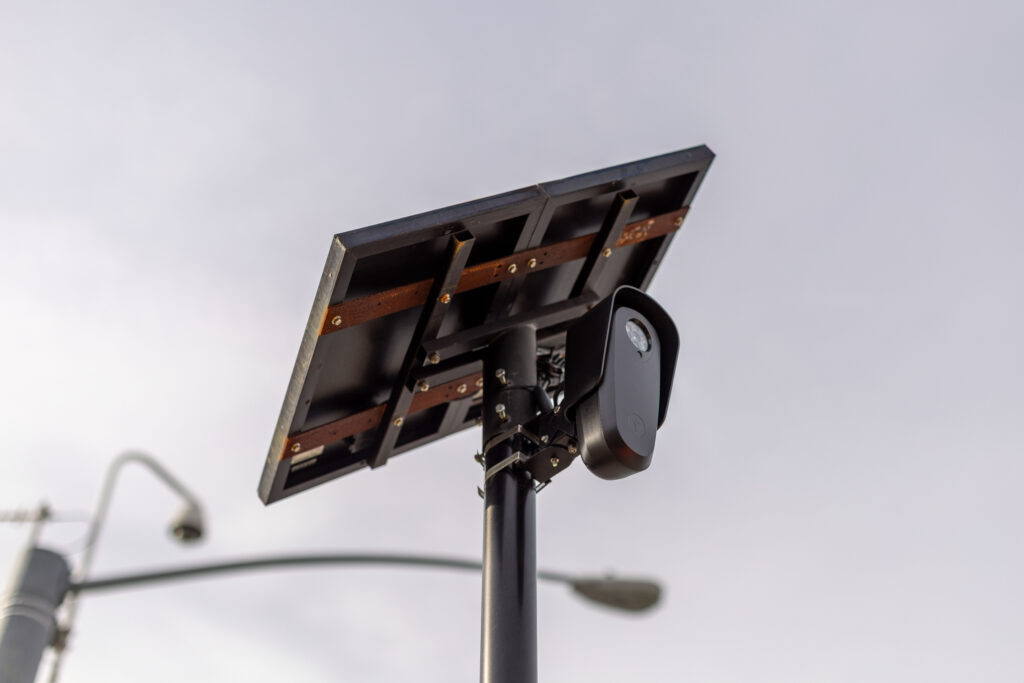
6000+
Cities use ALPRs
2,000
Plates scanned per minute
1000s
Of vehicles tracked per city
What Are Automatic License Plate Reader Cameras?
Throughout the country, local governments are partnering with private companies—like Flock Safety, Motorola Solutions, PlateSmart, and others—to install automatic license plate reader cameras on their roadways. Unlike red-light cameras or speed cameras, which are triggered by specific violations, ALPRs photograph vehicles as they drive by. As the president of one of these ALPR companies explained in sworn testimony, these cameras can detect any license plate that comes into the camera’s field, snap a photo, and upload the image within seconds along with precise geolocation data1. The server uses artificial intelligence to extract and store data about each car. As reported by the ACLU, these technologies enable police to access these databases without a warrant, track vehicles, and effortlessly share information with other departments throughout the country. And the capabilities of these technologies are only expanding with video-integration, people look-up tools, and facial recognition implementation.
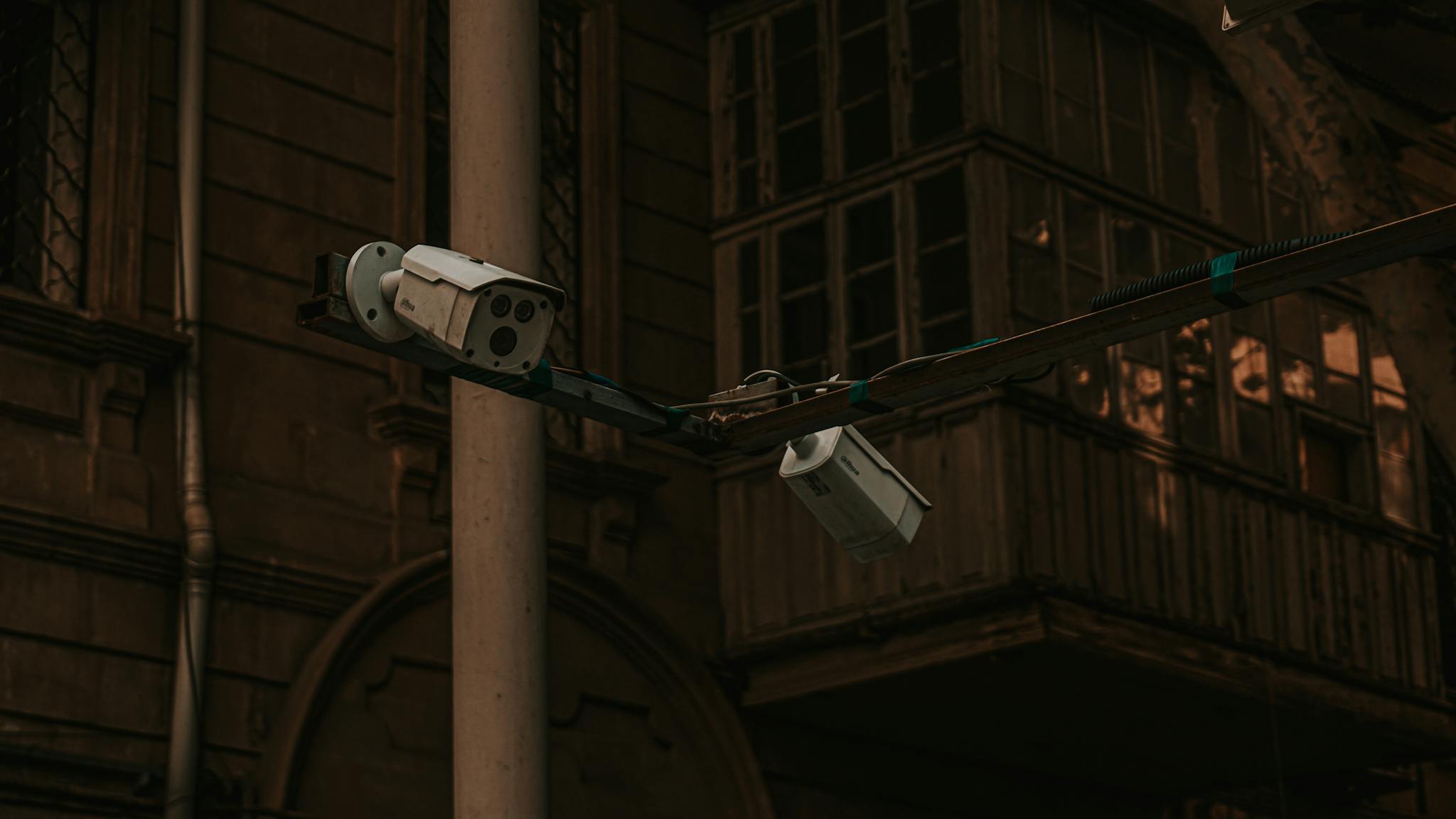
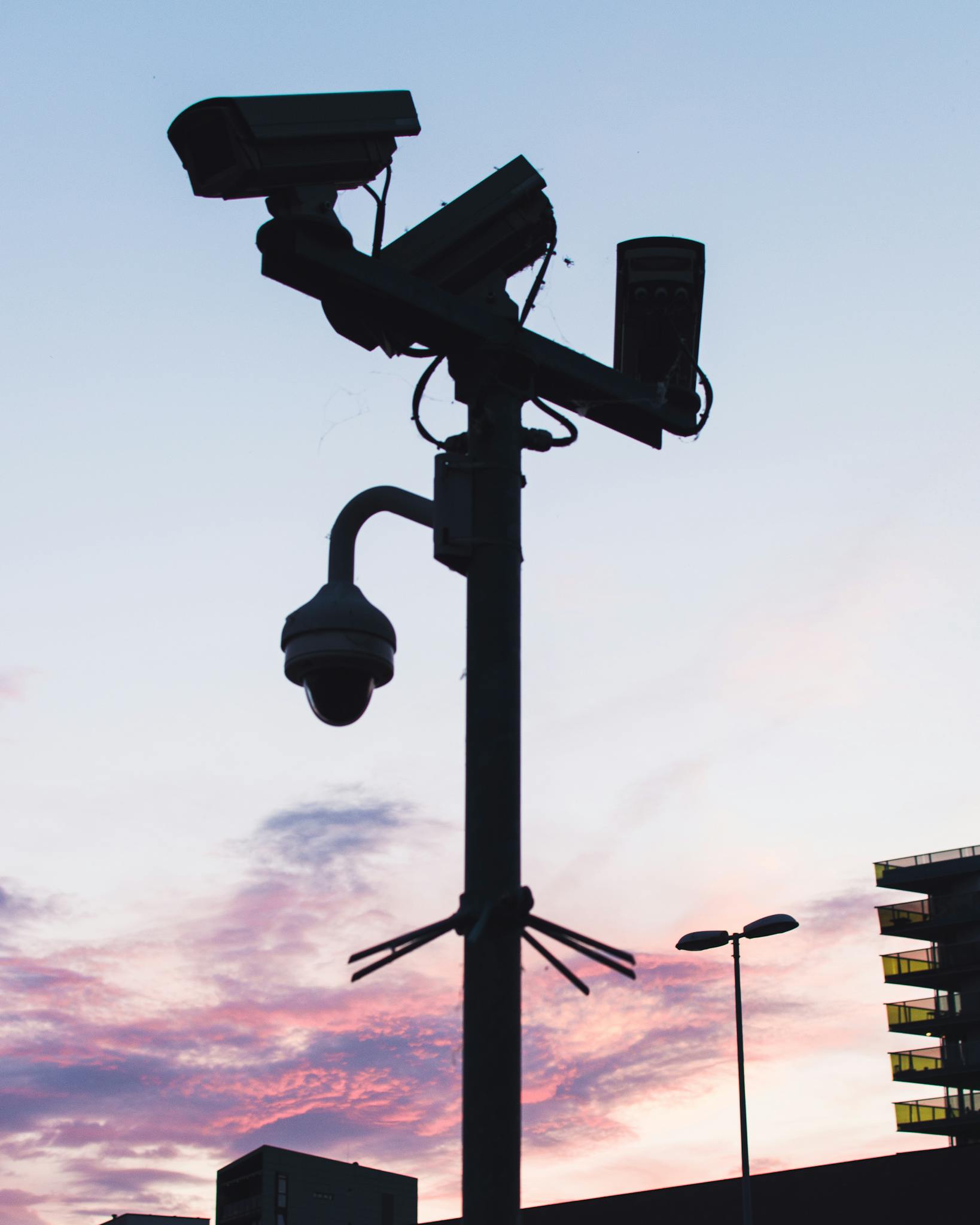
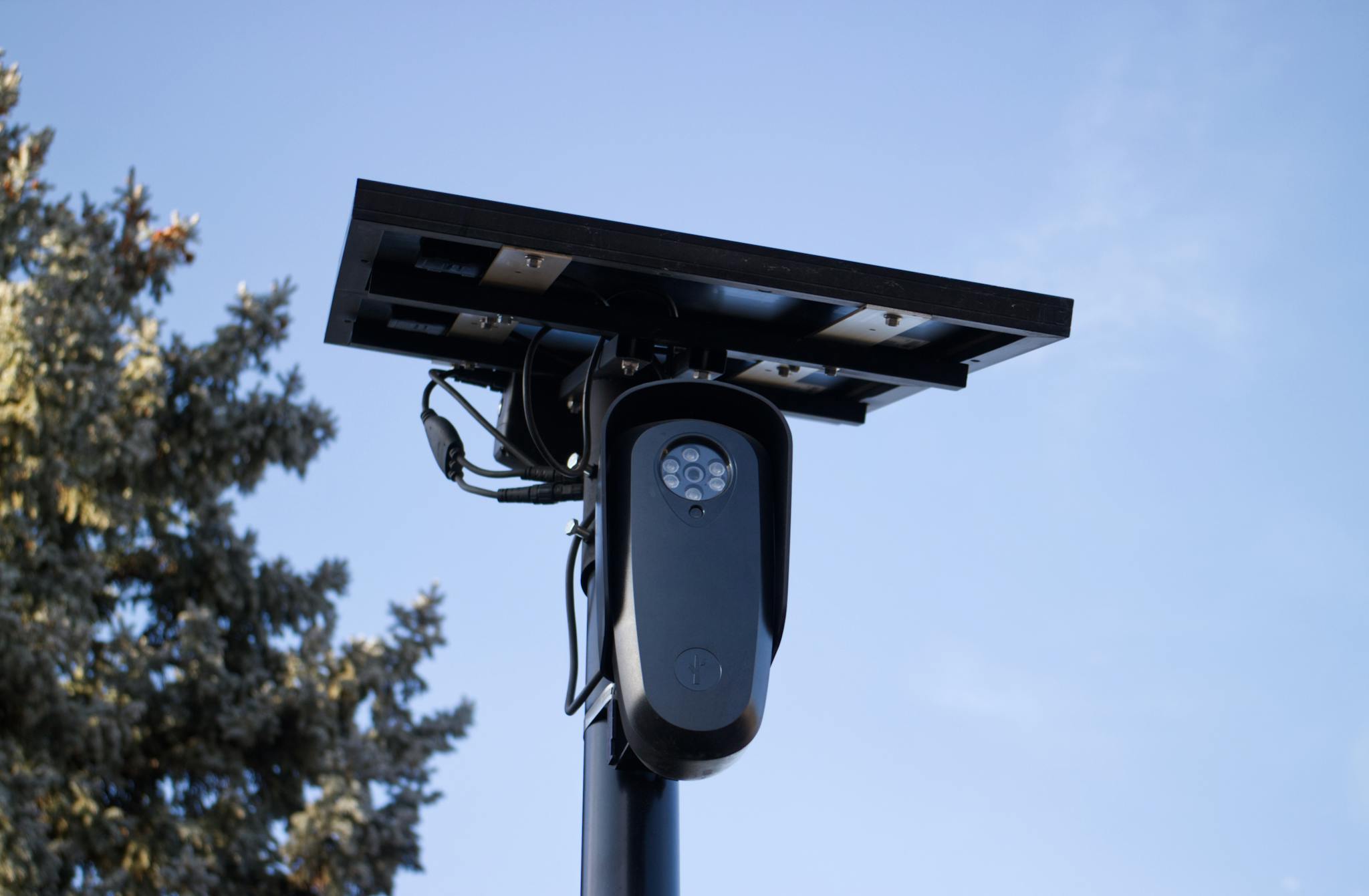
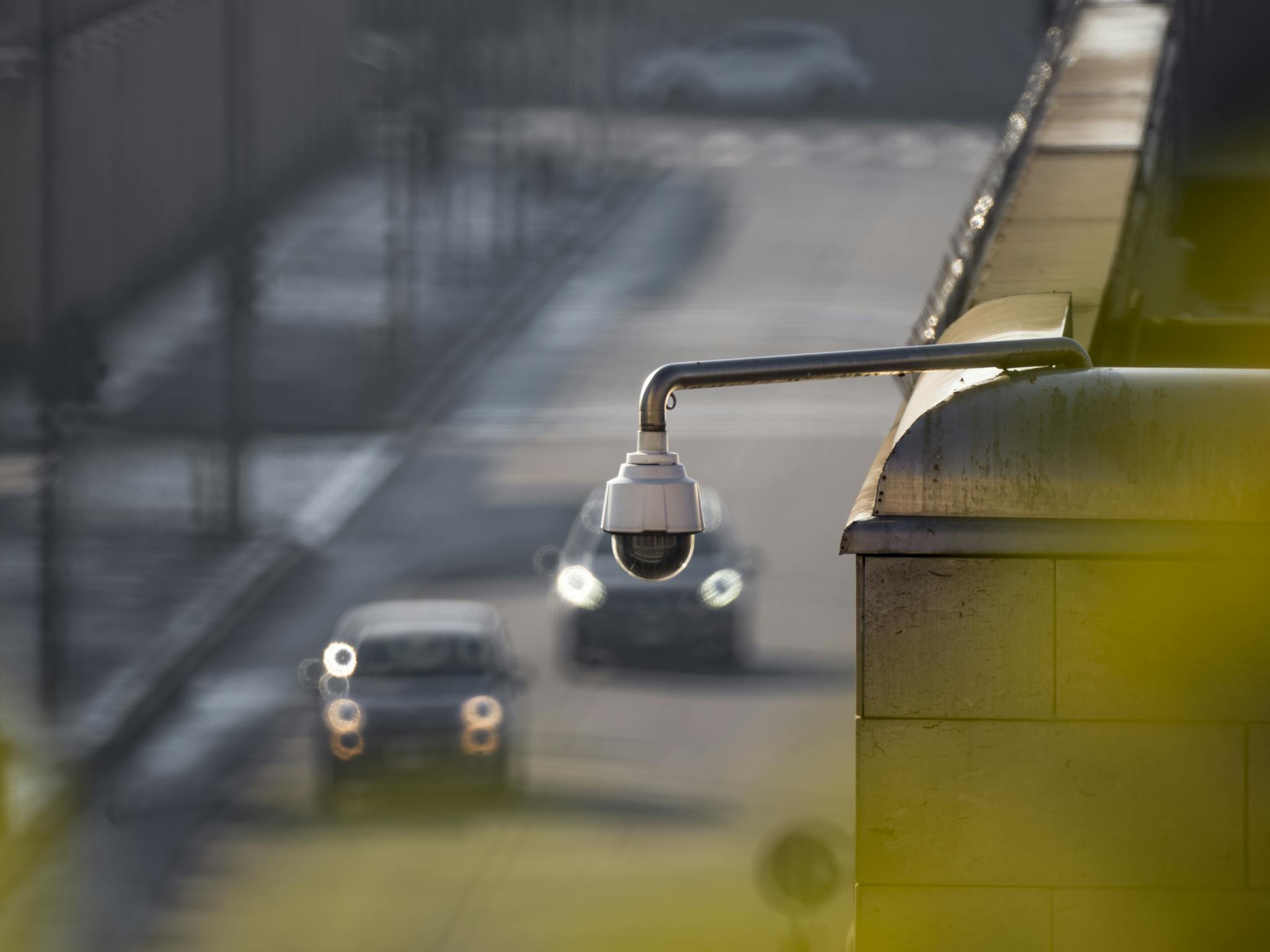
How Automatic License Plate Reader Cameras Work
Facts to help our fight against surveillance.
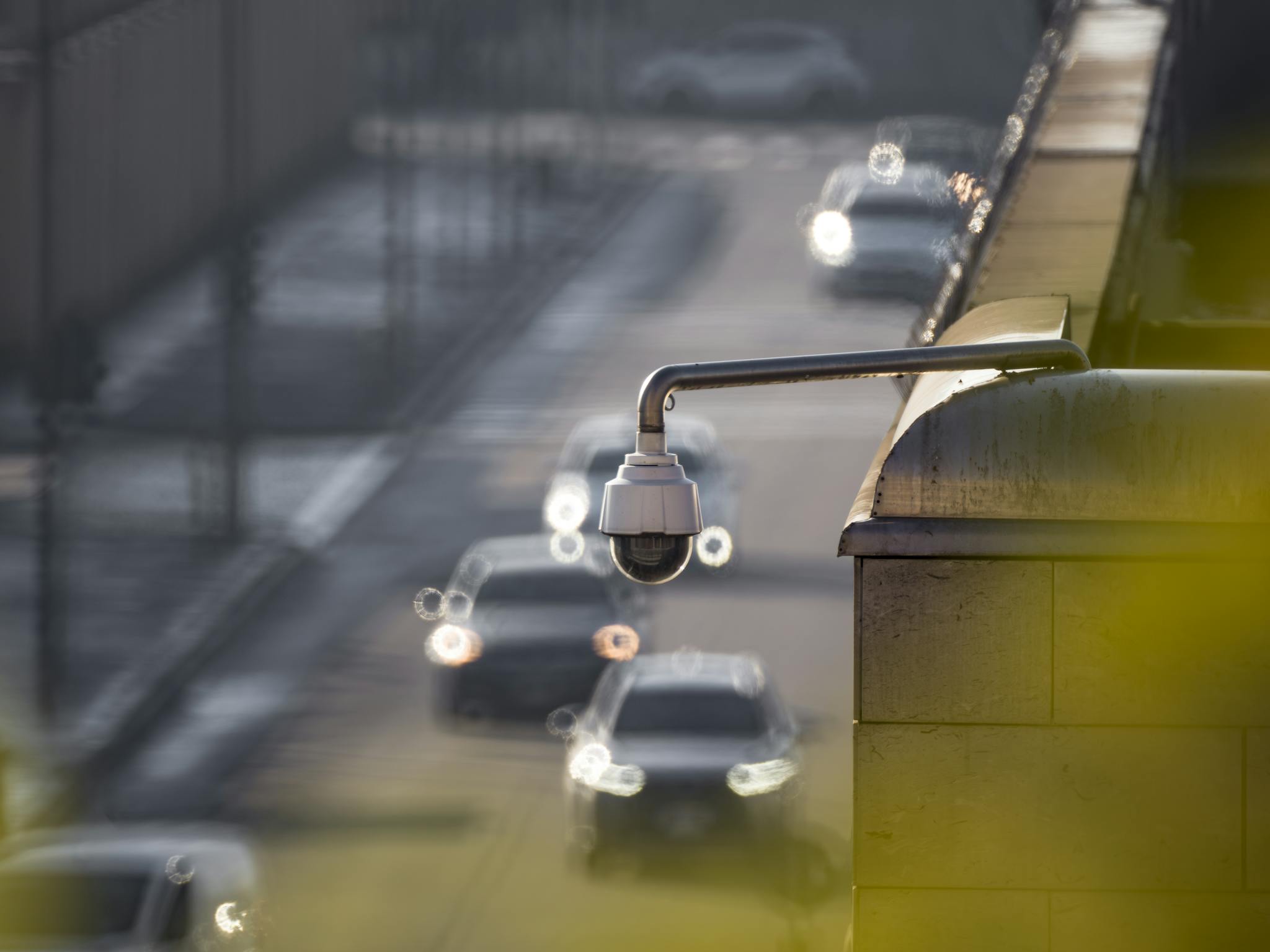
Versatility
These ALPR cameras can be mounted on street poles, traffic lights, or overpasses, and are often seen under solar panels, which can be used to power the cameras.
However, they can also be deployed in mobile ways, such as being affixed to police cars.
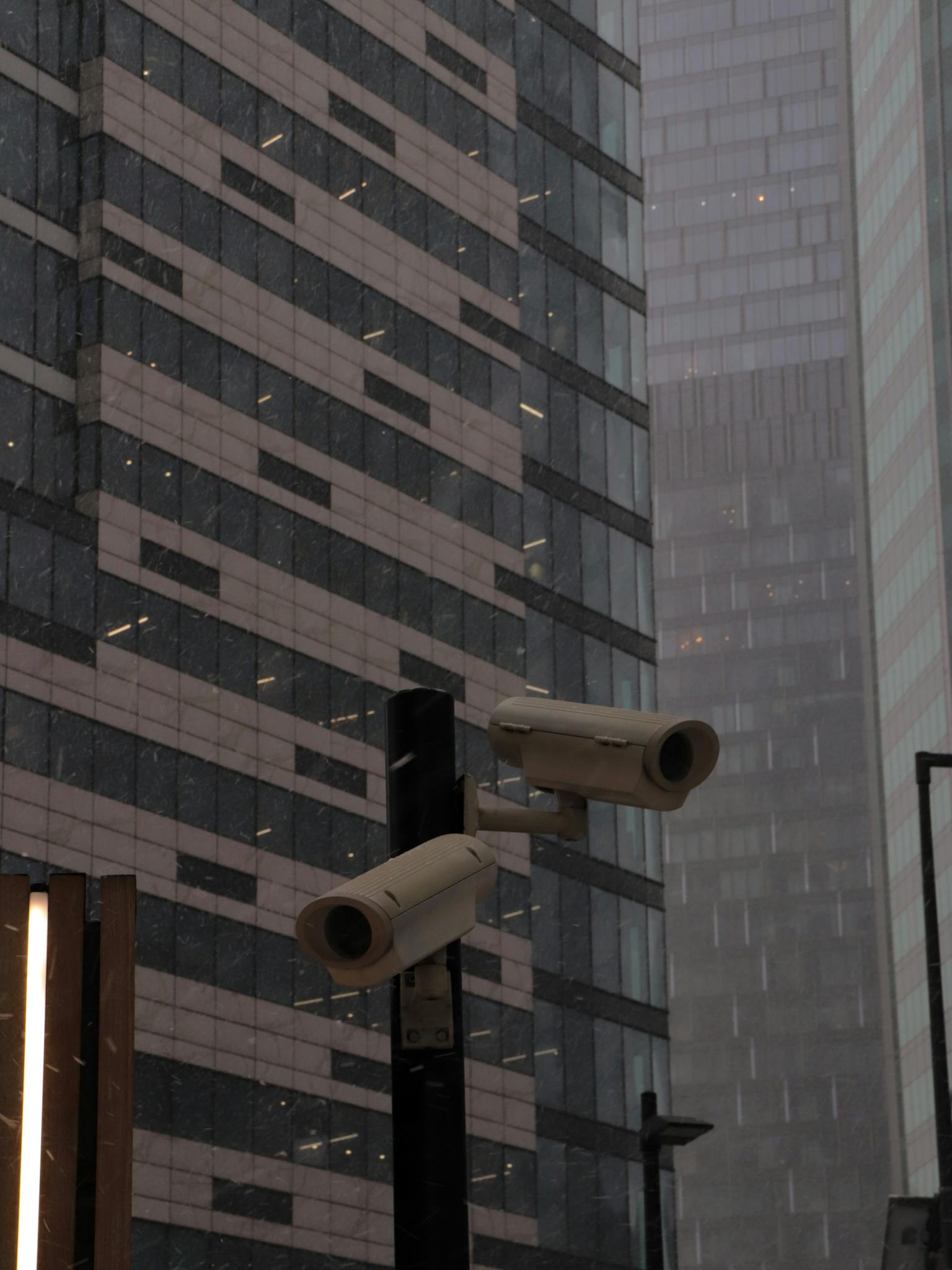
Pervasiveness
ALPRs scan each license plate that goes by, and as reported by the Independent Institute, can scan up to 2,000 plates per minute, essentially guaranteeing every vehicle is captured.
Reports in New York, Connecticut, North Carolina, and elsewhere, found that cities with license plate readers often capture information on thousands of different vehicles each month.
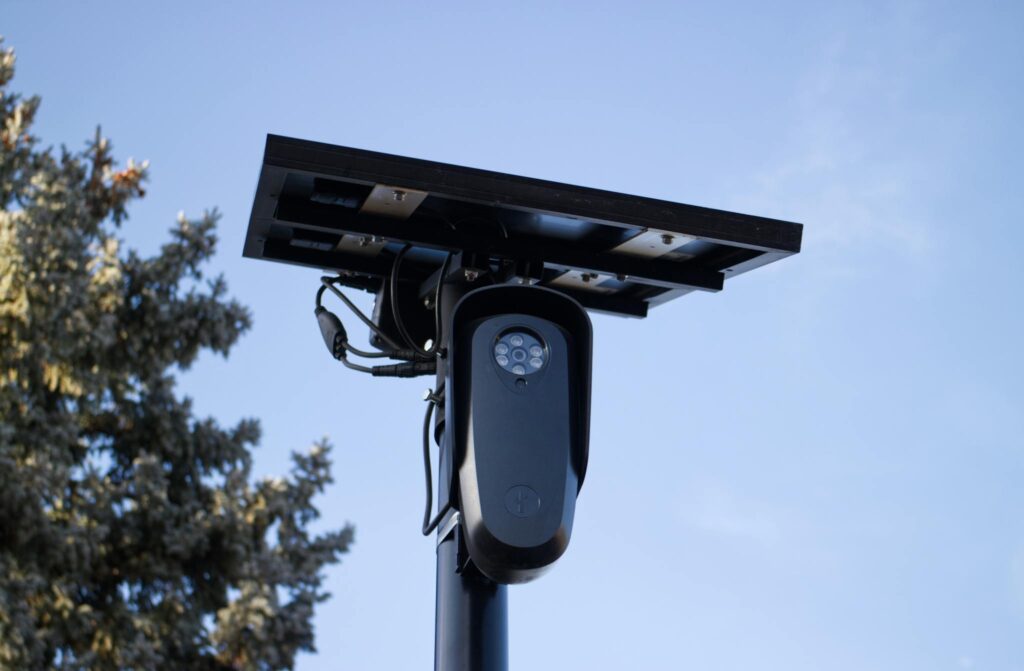
Storage
Different departments have different rules for how long they store the data after they’re uploaded to servers, ranging from weeks to years, according to research from the National Association of Criminal Defense Lawyers’ Fourth Amendment Center.
Some states have enacted laws related to retention policies. And the major companies in this space often defer to local officials to set retention policies, with one company setting the standard retention policy at 30 days. That said, some departments opt for longer retention windows. For example, San Jose Police retain data collected from their ALPR cameras for 365 days. Regardless of the storage duration, as reported by the Policing Project at New York University, officials can download data on a rolling basis before the retention period expires, allowing them to “avoid the transparency and auditing features built into” ALPR systems.
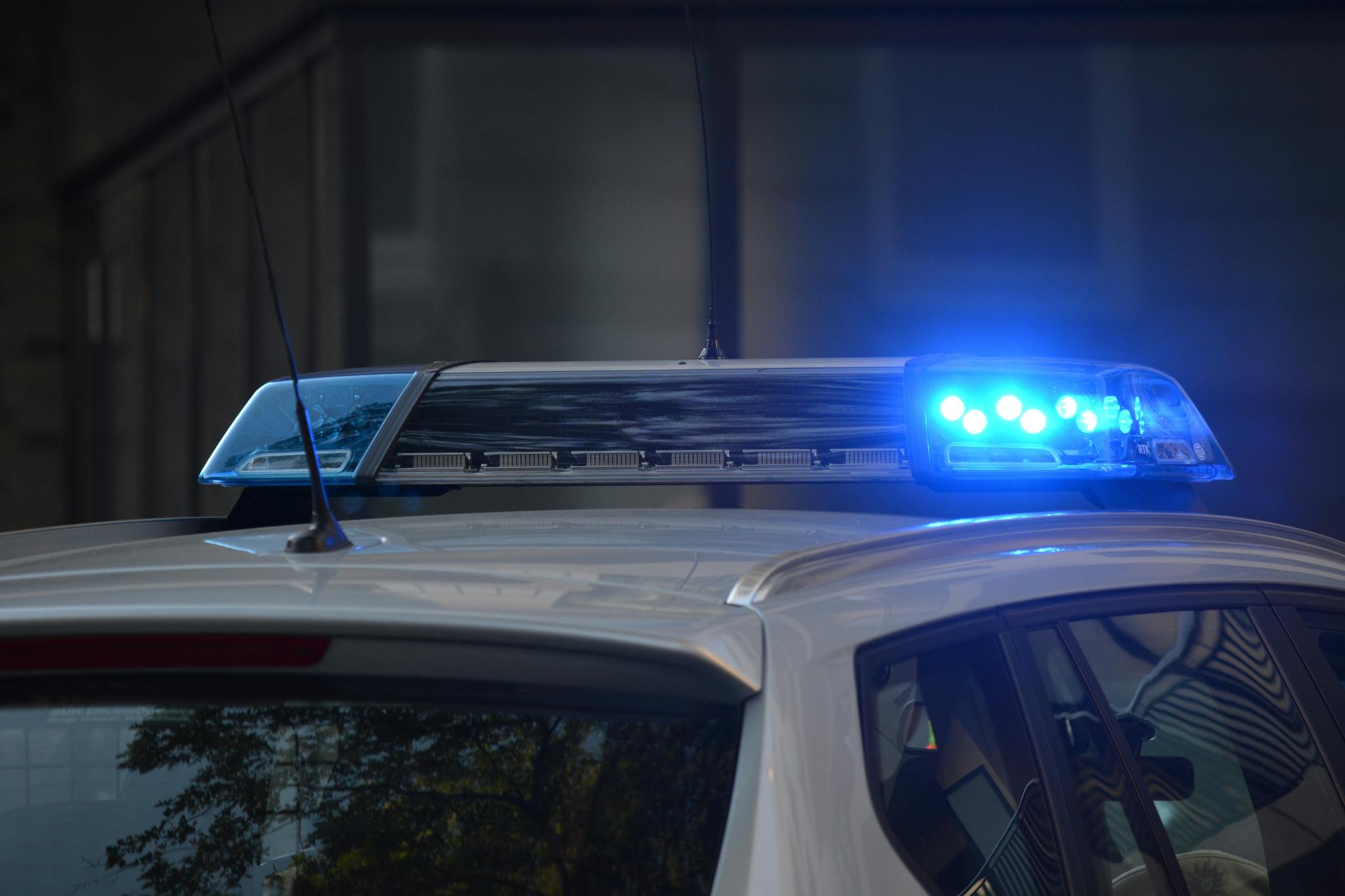
Search
Once artificial intelligence is used to create a vehicle profile, police can log in to their account and search for any plate and see every location that particular vehicle has been spotted within the timeframe.
Reports have shown that police from Connecticut to Florida to Kansas have been caught using the cameras to stalk innocent people, including ex-girlfriends. An investigation by the Houston Chronicle found that in a majority of instances, Houston Police don’t provide a specific reason for why they are searching for a specific plate in the database.
We fight Back.
As part of our Project on the Fourth Amendment, the Institute for Justice (IJ) is challenging the government’s arbitrary power to use ALPRs to surveil the entire driving public in court, helping activists push back against the deployment of license plate readers, working with legislators on model bills to protect Fourth Amendment rights, and shedding light on the issue through the media.
Our attorneys are experts on the Fourth Amendment and on how citizens can use it to fight back against government abuse of automatic license plate reader cameras.
We Sue.
In October 2024, we filed a first-of-its-kind lawsuit challenging the constitutionality of license plate readers in Norfolk, Virginia. At the time of the lawsuit, the city of Norfolk had a system of 172 cameras tracking drivers on its streets. The city’s own police chief has said, “it would be difficult to drive anywhere of any distance without running into a camera somewhere.”
Our clients are two area residents who don’t want the government tracking where they go, especially since they haven’t done anything wrong.
The city attempted to have our lawsuit dismissed, but the court ruled our case can move forward. Flock Safety then tried to intervene in the case to defend its ability to sell products that prey on people’s Fourth Amendment rights, but the court rejected that effort.
We Educate the Public.
Since the launch of our lawsuit against Norfolk, IJ’s experts on license plate readers have been quoted in newspaper articles, television segments, radio interviews, online articles and YouTube videos throughout the country.
Our attorneys have worked with reporters who have shown that federal agencies have accessed local databases, that police have not provided legitimate reasons before searching these databases, and that these technologies are expanding.
Additionally, in November 2025, we worked with the Associated Press to expose Customs and Border Protection’s massive, predictive policing scheme that relies heavily on ALPRs. You can read the investigative piece here.
Get Involved With the Plate Privacy Project
While IJ cannot sue every city that uses automatic license plate readers, you can still get involved in the fight against license plate readers in three main ways:
Speak Up
You can speak at a local government meeting about your concerns with these cameras. If your town, city or county already has these cameras, we suggest you reach out to local officials to learn when the contract renewal date is and, when that date comes close, to speak out against renewing the contract. If your city does not yet have these cameras, you can monitor local media to see if officials are considering a contract, and if they are, you can speak out.
Stand Up
You can also reach out to officials who represent you in state government to encourage them to adopt legislation that protects your Fourth Amendment rights from this kind of mass surveillance. More information on that can be found in the “model bill” section below.
The Open Road and the Watchful State: Automatic License Plate Readers and the Fight for Fourth Amendment Privacy
Join the Institute for Justice (IJ) for a timely discussion on how this powerful technology collides with the Fourth Amendment’s protection against unreasonable searches and what lawyers, legislators, and members of the public can do to draw the line between legitimate law enforcement and unconstitutional surveillance.
Dec 9, 2025 02:00 PM
Our legislative team has put together a model bill to protect the Fourth Amendment rights of all drivers, and to push back against local governments’ expansive use of license plate reader technology.
You can read the bill and learn more about it here:
Sensitive Locations
We’ve also conducted our own internal research to find license plate reader cameras near sensitive locations where people’s privacy concerns are most acute.
The research shows cameras located near an abortion clinic, a halfway house, an immigration attorney’s office, a church, a gun range, and a mosque, among other locations. Using the open-source map, DeFlock, we cross-referenced the locations of cameras with Google Maps.
These locations are even more concerning when one considers that police have used these cameras for immigration enforcement and to search for a woman who left the state of Texas for an abortion, and that federal agents persuaded local police to use these cameras to gather information on everyone who attended certain gun shows in Southern California, as reported by news outlets such as the Associated Press, The Guardian, The New York Times, The Wall Street Journal, and others.
Additional Resources and Maps
Concerned citizens have shared the locations of some of these cameras through an open-source website called DeFlock, which has created a map of locations. You can see that map below.
This map is just a microcosm of the vast web of license plate reader cameras that have been installed on streets throughout the nation. According to 404 Media, one of the main license plate reader providers, Flock Safety, was so upset that its surveillance cameras were being made public that they attempted to shut the website down.
Number of LPR and Other Cameras Map
Data sources: Flock Safety & The News & Observer
Vehicles Detected By Agency Map
Data source: The News & Observer
Searches Conducted By Agency Map
Data source: The News & Observer
Hotlist Hits By Agency Map
Data source: The News & Observer
Agency Search Aggressiveness Map
Data source: The News & Observer
DeFlock.me Camera Map
Map Source: deflock.me
Report a Camera
If you report a camera to us, we can help ensure it ends up on DeFlock’s map, to help raise awareness of this issue.
Automated Plate Reader News



Shasta County installs license plate readers amid privacy concerns
Flock Safety cameras, designed to capture images of car license plates, are now operational in Shasta County, with 22 out of 24 automated license plate […]

Little Rock police track you with 116 license plate readers citywide. We mapped them all.
If you live in Central Arkansas and drive a vehicle, you’ve likely been photographed hundreds of times by your local police department as you go […]
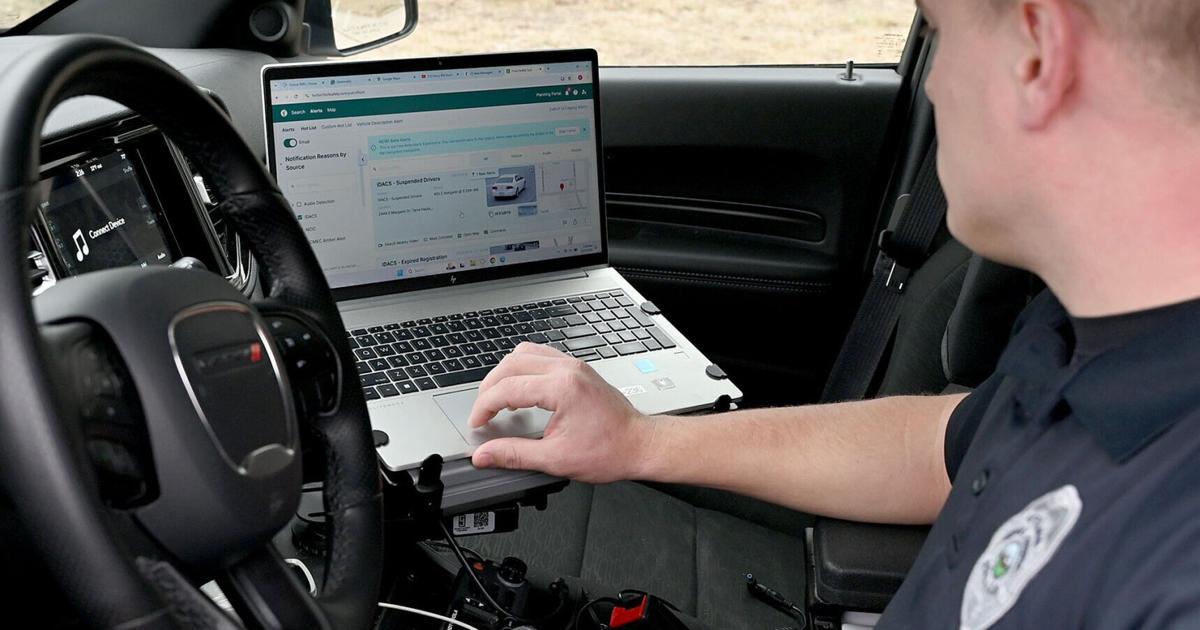
As number of license-plate readers surge, more Hoosiers are pushing back
In the last four years, license-plate-reading cameras have helped Marshall County deputies solve a murder a case, prevent a possible child abduction and track down […]

Nearly 200 license plate readers keep watch on Louisville drivers. LMPD won’t say where they are
License plate reader cameras are growing in popularity among police nationwide. But some local agencies refuse to disclose device locations. When Louisville Mayor Craig Greenberg presented his […]

TPD confirms use of controversial Flock cameras amid commission concerns
The Tallahassee Police Department got more than mere cameras and speed-detection devices as part of its School Zone Speed Enforcement Program. TPD also received 30 Flock cameras — automated license […]
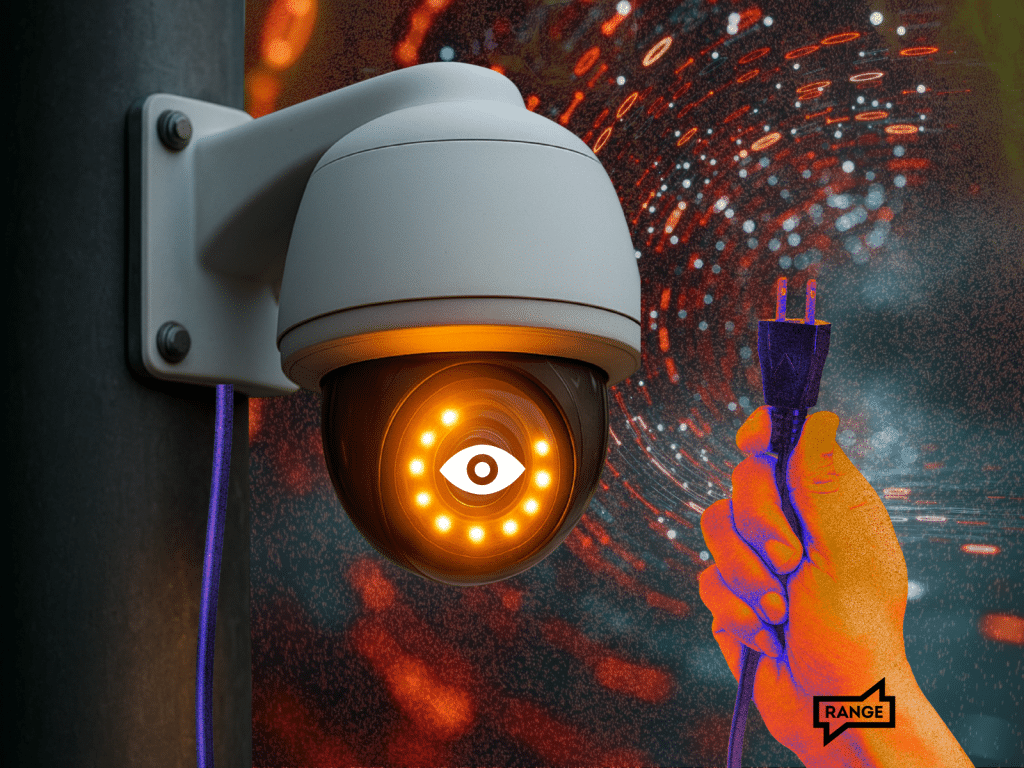
Flock-enheit 451
Nearly 100 surveillance cameras from the technology company Flock Safety watch major roads across Spokane County, capturing photos of every single vehicle that drives past […]
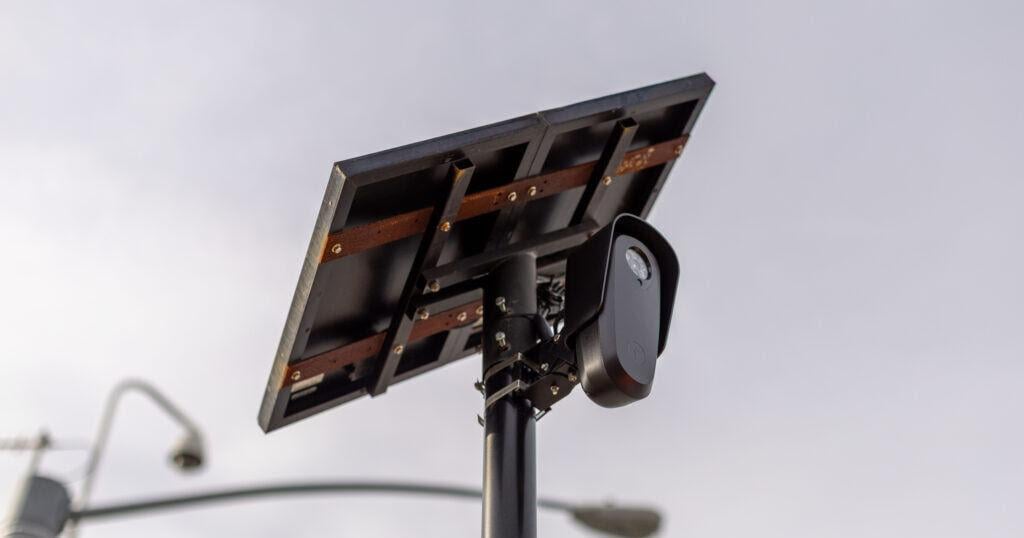
Federal lawsuit argues that Flock cameras violate Fourth Amendment
The people behind a federal lawsuit against the use of Flock license plate readers are urging Plano leaders to reject a plan to put the […]

Are Cameras Secretly Tracking Your Every Move?
Buckle up, America—because if you’re driving anywhere in this country, you’re already under surveillance. I’m not talking about speed traps or red-light cameras. I’m talking […]
Sign Up To Join Our Activists
Throughout the country, police are partnering with private companies to install automatic license plate reader cameras, which make a record of every vehicle that drives by. These cameras upload the photos to a server where artificial intelligence maps out everywhere a vehicle has been seen, spots patterns in its movements, and can even predict where it could go in the future. Some cities are essentially blanketed by these cameras, making it nearly impossible to drive anywhere without being watched.
Police can access this database without a warrant and can share information with other government agencies across the country. These cameras are ripe for abuse, and police have been caught using them for unintended purposes, such as stalking ex-girlfriends.
Once again, all of this can be done without a warrant or any serious oversight.
Thankfully, people are starting to push back against this dragnet surveillance. Citizens throughout the nation have spoken out against the use of these cameras in their cities, and some municipalities have paused or stopped the deployment of the cameras.
Sign up to join our activists in the fight against this warrantless mass surveillance.